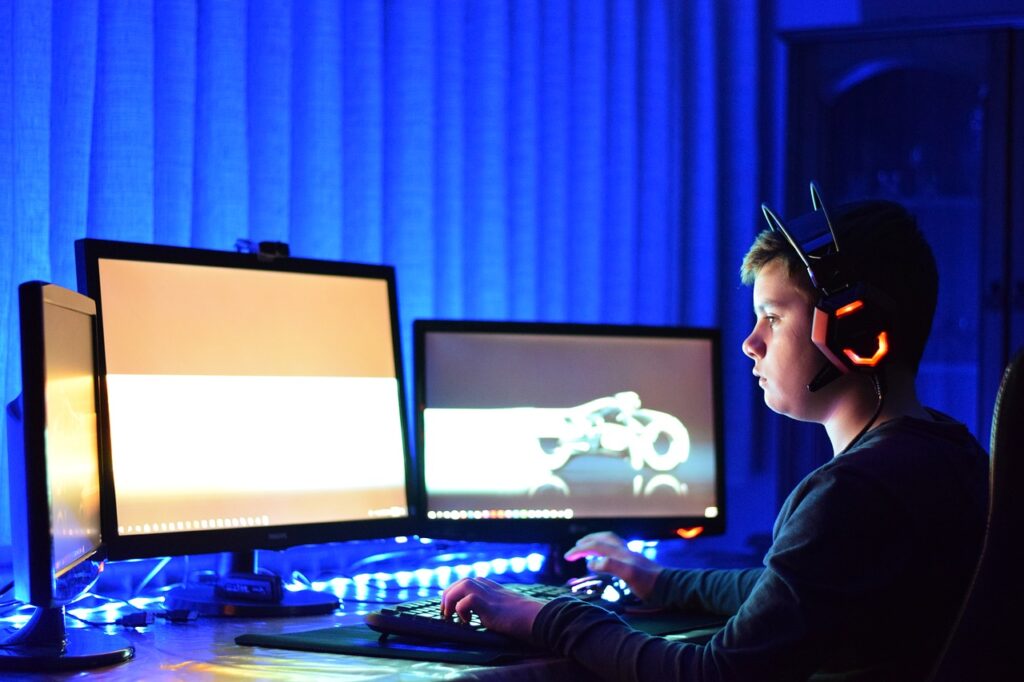Video Game Sales are Surging During the Pandemic
Sales of online games have surged during the coronavirus pandemic as more people are forced to stay home due to shelter in place and social distancing rules put into place by governments all over the world. The skyrocketing sales include video games of all types, including online service games which offer players a sense of community and a way to beat the loneliness caused by being cut off from friends.
Gaming analysts have noted that some players are also returning to video games that they may have played years ago, but had dropped in favor of other pursuits. This type of gaming is like “comfort food” – returning to something familiar and enjoyable during a time of crisis.
New Research About Video Games and ADHD
For parents of children with learning and attention challenges this could raise a concern. There has been a long running debate about whether video games are positive or negative for these kids. The latest contribution to the debate comes from a recent study at the Norwegian University of Science and Technology’s (NTNU) Department of Education and Lifelong Learning.
The researchers looked at the relationship between children’s use of electronic games and possible associations with ADHD or emotional problems.
Previously, when researchers looked at screen usage in general, they found a link between a lot of screen usage and children having difficulty with interpreting their own and other people’s feelings. However, more time spent gaming does not appear to increase symptoms of ADHD, anxiety, or depression as kids age from 6 to 10 years. Nor do children with these emotional problems game much more than others.
In fact, the research group actually found a reverse effect. Children who already have multiple ADHD symptoms tend to increase their gaming more than other children do, at least from age 8 to age 10.
What Video Games Can Provide
The research group suggested that, for these kids, this can have several causes.
- Video games tend to be designed to help players “level up” and improve their play. This gives them a sense of mastery.
- Video games tend to pack a lot of activity into short amounts of time which can be appealing to a restless brain. Attention challenges aren’t necessarily a disadvantage.
- Video games can be a social experience with a set of social codes that are better aligned with the way their brains work. This isn’t necessarily bad as long as gaming is balanced with normal social interaction.
- Gaming may offer these kids a way to get to know people without being judged in the usual ways in the real world. You’rejudged more on your skill as a player.
- Some online games can also offer kids a way to practice cooperative skills. This can be valuable outside of the gaming environment.
- Finally, video games can provide some escape from an anxiety provoking environment such as we are in right now with the coronavirus.
Balanced with regular (offline) social interaction, gaming could help kids develop a stronger sense of identity and self-esteem, and offset some of the negative judgments they might experience in the real world.
References
- https://www.news-medical.net/news/20200327/Video-games-do-not-cause-or-intensify-ADHD-symptoms-in-children.aspx
- https://www.cnbc.com/2020/04/03/video-games-sales-soar-as-coronavirus-leaves-millions-trapped-at-home.html
- https://www.usatoday.com/story/tech/2020/04/03/coronavirus-gaming-offers-connection-amid-covid-19-social-distancing/5086472002/



